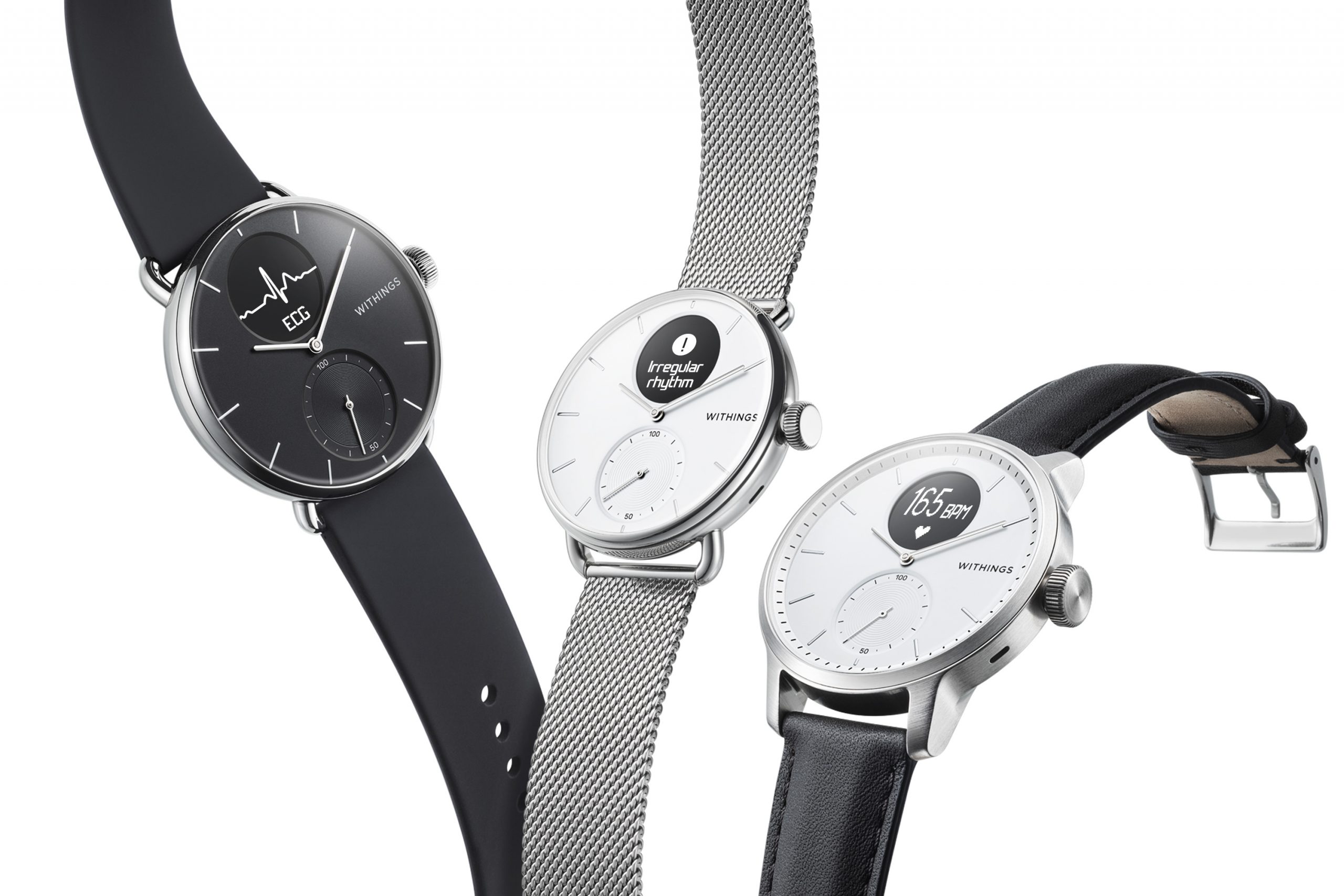
Need inspo to move? Before you jump on the latest fitness craze, read on to find out how and why good old running might be the ticket to help you live a longer, healthier life.
Running—it’s not just for young and beautiful folks in tight-fitting outfits hurrying along majestic esplanades or thin and sinewy enthusiasts making their way on foot several miles to the next marathon. Running is a fundamental part of human existence that has been integral to homosapiens’ evolution and even manifests as early play among children.
But what about contemporary times beyond budding toddlers? How many people are actually running?
15% or 50 million Americans did jogging or running in 2020, but only a year previous to this organized road races were in their sixth year of decline. Are people running less? Has the pandemic changed any of these patterns?
As pandemic running trends continue to be crunched and analyzed, there are clear physical benefits normal folks still stand to gain from this sport that hosts one of the lowest barriers to entry and highest physical rewards. Read more to see how running can improve many aspects of your personal health.
Running can help you live longer
Right—exercise makes you healthy. This sounds obvious, but how much running does it actually take to live longer, and is that extended life essentially the same number of minutes an individual would spend exercising anyways?
Great news: five to ten minutes of low-intensity running every day can increase lifespan by several years versus not running at all. An article in the Journal of the American College of Cardiology specifically found that the 24% of runners among the nearly 55,000 adults who were studied experienced 45% less risk of cardiovascular mortality and 30% less all-cause mortality compared to non-runners.
Additional studies have found similar results. Between 1976 and 2003, the Copenhagen City Heart Study invited approximately 17,500 people, nearly 1,900 who were joggers, to study mortality rates. Over 35 years of follow ups, those who ran lived longer than those who didn’t. Specifically, males joggers experienced 6.2 more years of life and female joggers had 5.6 more years.
Running may allow people to live longer, but what about the injuries associated with it? Do the potential for blown out knees and hips counter longevity? Thankfully modern medicine has made it easier to fix those problem areas, or as Dr. Carlos A. Uquillas,
an orthopaedic surgeon from the Cedars-Sinai Kerlan-Jobe Institute, says, “I’d much rather you wear out your knees than wear out your heart and lungs, because your knees are much easier to replace than your vital organs.”
Running undoubtedly keeps your vital organs functioning healthier and longer.
But what about walking versus running?
Taking a short and leisurely jaunt around the neighborhood is delightful, so much so that just 20 minutes of walking reduces cortisol, or stress hormones, compared to running which can actually elevate cortisol initially. Walking may also result in the same amount of calories burned with the only downside that walking the same running distance just takes more time.
However, a little thing called excess post-exercise oxygen consumption (EPOC), also known as afterburn, could give running a leg up if you’re looking for calorie expenditure advantages. Why? As the body attempts to return to its resting state, it will essentially consume more calories to recover, and the more intense the run, the more afterburn there is. How much of a difference? Accounting for certain factors, the calorie difference between walking and running the same distance could be up to 30% due to EPOC.
Walking and running are both excellent, but when it comes to burning calories over the same distance, running wins.
Running might help bulk up your brain
Running can help improve learning and memory, but are all workouts made equal for brain development? Firstly, running helps spur on neurogenesis, or the production of neurons in the brain coming from the hippocampus. More specifically, studies with rats have shown that exercises like running help spur on more neurogenesis compared to resistance training or high-intensity interval training.
Does this mean people shouldn’t supplement their running with weight lifting? Absolutely not, partially because testing with humans should eventually show proof of neurogenesis. More importantly though, weight training can help you run more which in turn could result in many of the physical benefits of running listed above.
So, it seems like now might be a good time to stop reading, strap on your activity tracker, and take a five to ten minute run so you can live longer, burn more calories, and get your brain in tip-top neurogenetic form.



